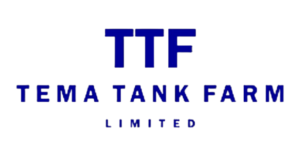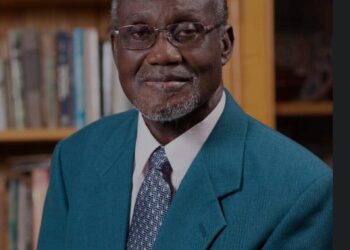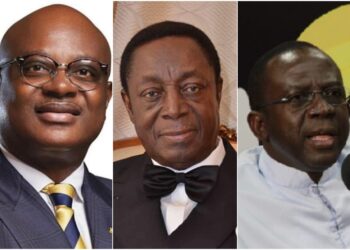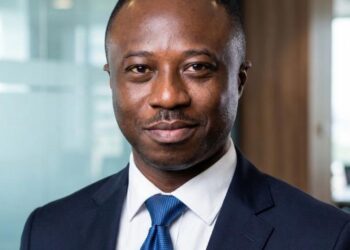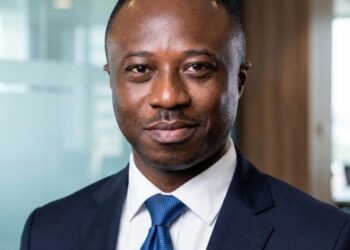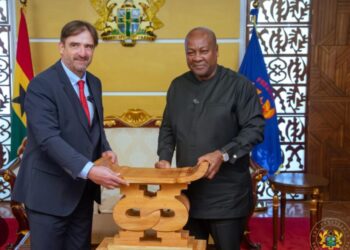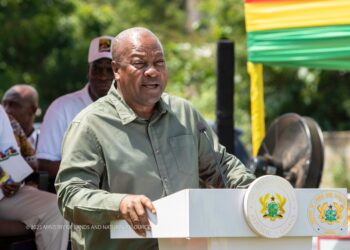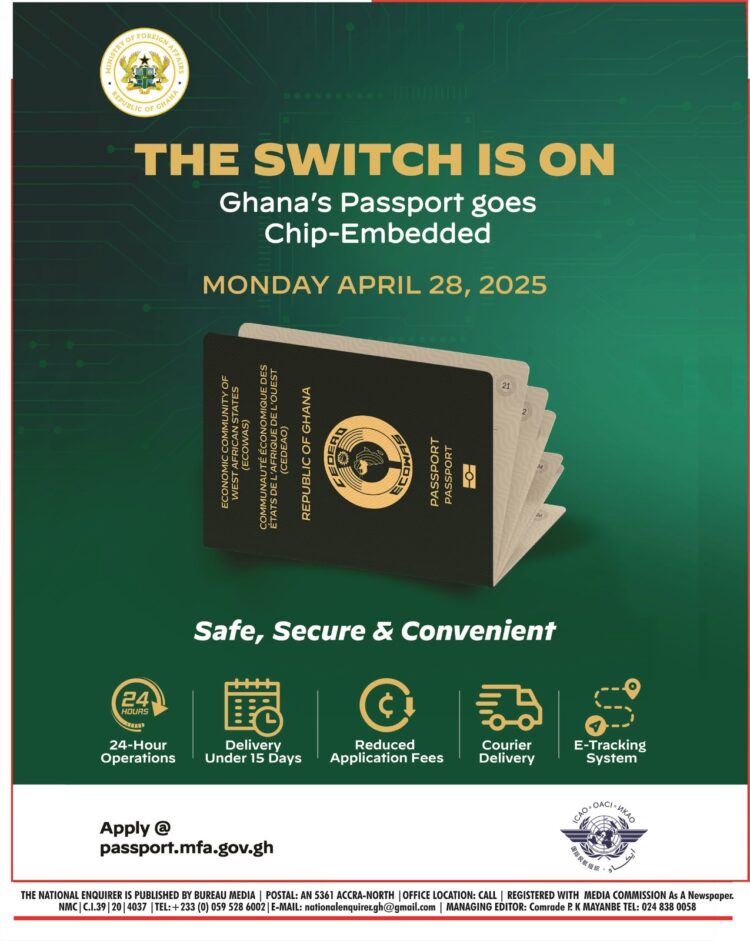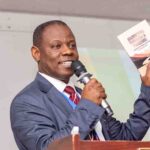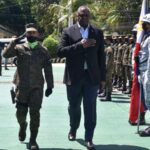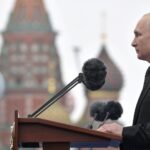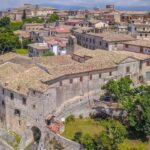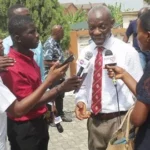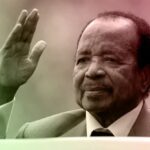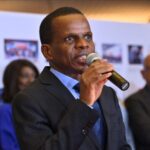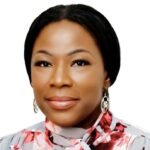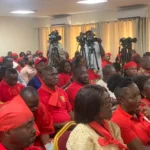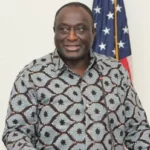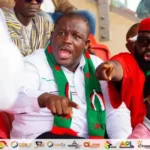By; Charles Owusu Juanah Esq.
The recent suspension of Her Ladyship Justice Gertrude Araba Esaaba Torkornoo, Chief Justice of the Republic of Ghana, by His Excellency the President, is a deeply troubling development. It represents not only a grave constitutional error but a direct assault on the foundational principles of judicial independence, separation of powers, and the rule of law in our democracy.

Lawyer Charles Owusu Juanah
At a time when Ghana’s democratic institutions should be safeguarded with utmost vigilance, this decision sends a dangerous signal; one that suggests political expediency now overrides constitutional fidelity.
Constitutional Breach and Abuse of Discretion
Article 146 of the 1992 Constitution provides an unequivocal roadmap for handling allegations against Justices of the Superior Courts. In the specific case of the Chief Justice:
• Article 146(1) stipulates removal may only occur for stated misbehavior or incompetence, through a process that respects natural justice.
• Article 146(3) mandates that the President acts only after receiving advice from the Council of State on the merit of a petition; not before, not unilaterally.
The President’s decision to suspend the Chief Justice before any such process has been fully engaged or concluded subverts this constitutional framework. It violates Article 19(2)(c); the presumption of innocence; and projects guilt prematurely, undermining both due process and the dignity of the office.
Additionally, Article 296(c) of the Constitution restricts discretionary authority: all such powers must be exercised in accordance with published rules, free from arbitrariness. No such legal instrument has been cited or made publicly available to justify this drastic action. The suspension, therefore, is both substantively and procedurally unconstitutional.
This interpretation aligns with the jurisprudence of the Supreme Court, particularly in Ransford France v. Attorney-General, where Justice Date-Bah emphasized the constitutional obligation for all administrative or quasi-judicial bodies to comply with Article 296 in the exercise of discretionary power.
Violation of Regional and International Norms
Ghana’s actions must also be evaluated within the wider context of its obligations under international and regional law. The following legal instruments reaffirm the independence of the judiciary and fair trial guarantees:
• The Universal Declaration of Human Rights (Article 10) and the ICCPR (Article 14) both affirm the right to a fair hearing and the presumption of innocence.
• The African Charter on Human and Peoples’ Rights (Article 26) compels state parties to uphold judicial independence.
• The Principles and Guidelines on the Right to a Fair Trial in Africa (2003) insist that disciplinary actions against judges be conducted by independent and impartial bodies, in accordance with transparent procedures.
The suspension of the Chief Justice, executed without these guarantees, not only breaches Ghana’s Constitution but violates binding international commitments.
Lack of Procedural Integrity and a Compromised Committee
Of equal concern is the manner in which the investigative committee has been constituted. Any body tasked with inquiring into allegations against the Head of the Judiciary must be above reproach. Its members must inspire confidence in their neutrality and independence.
When such a committee includes individuals closely affiliated with the Executive, it sends the wrong signal—not only to the legal profession, but to the broader public. Justice must not only be done; it must be seen to be done. As presently configured, the committee lacks this public legitimacy.
The United Nations Basic Principles on the Independence of the Judiciary (1985) explicitly emphasize that disciplinary processes must be transparent, fair, and free from Executive interference. Anything less compromises both the outcome and the credibility of the institution under scrutiny.
The Hidden Agenda: A Return to Power and the Erosion of Constitutional Boundaries
This troubling event cannot be separated from a larger political calculus. The suspension of the Chief Justice appears increasingly strategic in the context of President John Dramani Mahama’s open ambition to retain power; when his second term as President is over, a move that would directly contravene Article 66(1) and (2) of the 1992 Constitution.
His pronouncements during the campaign leading up to December 7, 2024, including the intent to establish a public tribunal; a mechanism more commonly associated with revolutionary or authoritarian regimes; signal a disturbing shift toward executive overreach. This concept is at odds with Ghana’s constitutional architecture and threatens the impartiality of justice.
Even more troubling is the emerging ideological alignment with regimes in the Sahel region, notably Captain Ibrahim Traoré of Burkina Faso, whose populist but autocratic style has gained Mahama’s public admiration. These associations reflect a possible gravitation toward governance models that are antithetical to liberal democracy.
Furthermore, the systematic purging of civil and public servants; either through dismissals or forced resignations; is not coincidental. It is part of a calculated strategy to eliminate institutional checks on executive power and to reengineer the state apparatus in anticipation of constitutional resistance to Mahama’s presidential ambitions.
A Dangerous Precedent and a Moment of Reckoning
This episode is more than a legal anomaly; it is a warning shot. It signals a deepening Executive encroachment on the Judiciary and risks transforming constitutional procedures into instruments of political control.
The Chief Justice, as the head of an independent arm of government, must be protected from undue political pressure. When that office is attacked without due process, it is not just one individual under threat; it is the independence of the entire Judiciary, and by extension, the constitutional order itself.
If unchecked, this precedent could be used to intimidate or remove other judicial officers who render decisions unfavourable to political interests. That is the slippery slope on which we now stand.
A Personal Appeal in Defence of the Republic
I write this not as a partisan, nor as a defender of personalities, but as a citizen and legal practitioner who believes deeply in constitutional governance. Ghana has built a proud democratic tradition that has become a beacon across Africa. We must not undo that legacy in the name of expediency or political calculation.
I therefore call for:
1. The immediate reversal of the unconstitutional suspension of the Chief Justice;
2. The reconstitution of the investigative body in strict compliance with constitutional and international standards;
3. A public reaffirmation of judicial independence, particularly from both political arms of government;
4. A national conversation on preserving term limits and safeguarding constitutional order from personal ambition.
Let us rise, as a people and a democracy, to defend our institutions before they are bent beyond recognition. Ghana’s Constitution must remain supreme. It is not a document of convenience, but the highest legal shield for liberty, justice, and governance.
If we fail to defend the Judiciary today, we may wake up tomorrow to find that there is no institution left to defend us.
source:www.senaradioonline.com
